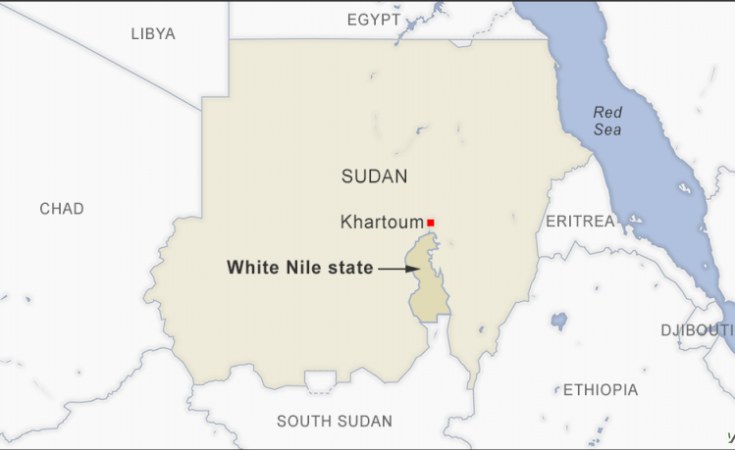Kosti — More than 25 people reportedly died in fierce fighting that broke out in Kosti in White Nile state on Saturday and continued for five days. Community leaders agreed on a cessation of hostilities yesterday afternoon.
Leaders from both communities agreed on a truce on Wednesday afternoon after large parts of the town witnessed fighting between Nuba and Hausa* tribesmen since Saturday.
The Sudanese Doctors Trade Union reported yesterday that the number of victims of the clashes has risen to 25 dead and about 50 injured.
Sources told Radio Dabanga that the number of casualties is larger than the official figures.
They said that the situation in Kosti witnessed a cautious calm between Tuesday afternoon and Wednesday morning, after large police forces from Sennar arrived to separate the two parties.
"Shops opened their doors on Wednesday morning and soon closed them again after skirmishes erupted again inside the Grand Market between people believed to be from both sides of the conflict," one of the sources stated.
"Young people are now guarding the neighbourhoods that witnessed conflicts to protect the residents from possible attacks by the other side," he said.
The sources further reported that no people were displaced. "They all hid in their own houses."
* The Hausa in Sudan are part of the Hausa ethnic group, which is very influential in West Africa, politically and culturally. In the process of traveling and trading for centuries, some of them migrated east to places like Sudan. Mostly known as peaceful and trustworthy merchants, they are still seen by many Sudanese as 'foreigners' and called fellata - a collective term in the Sudanese vernacular applied to West African immigrants in the country.


